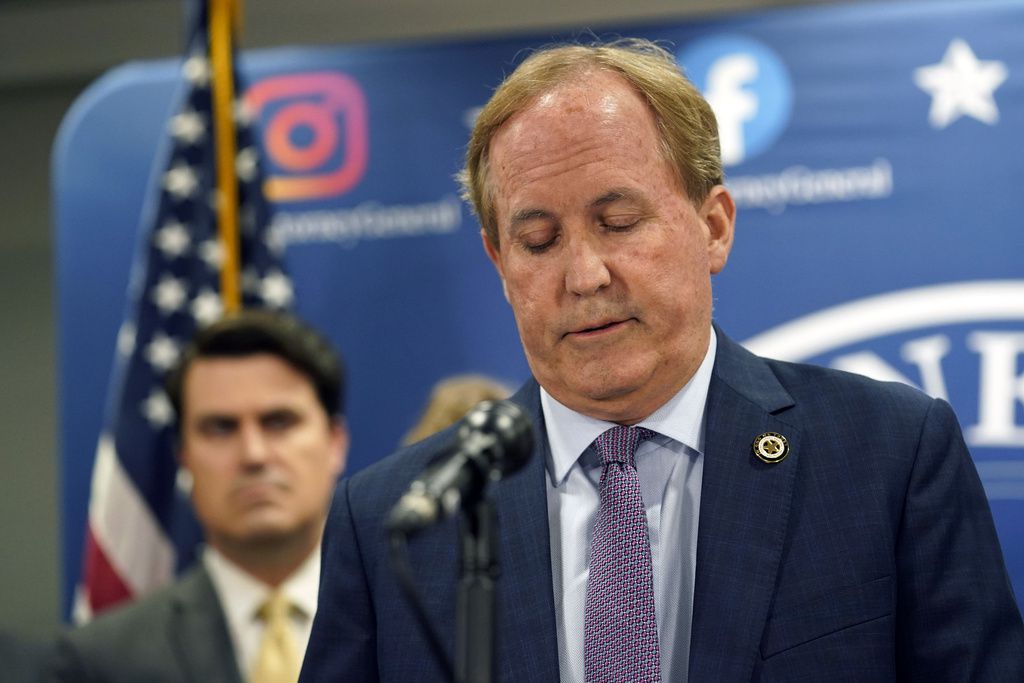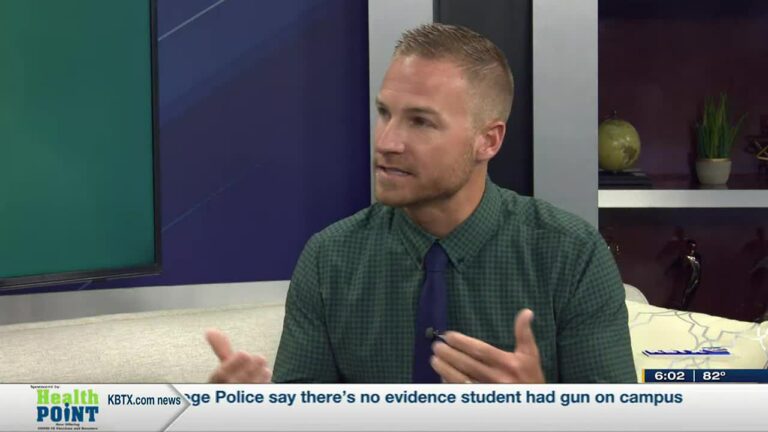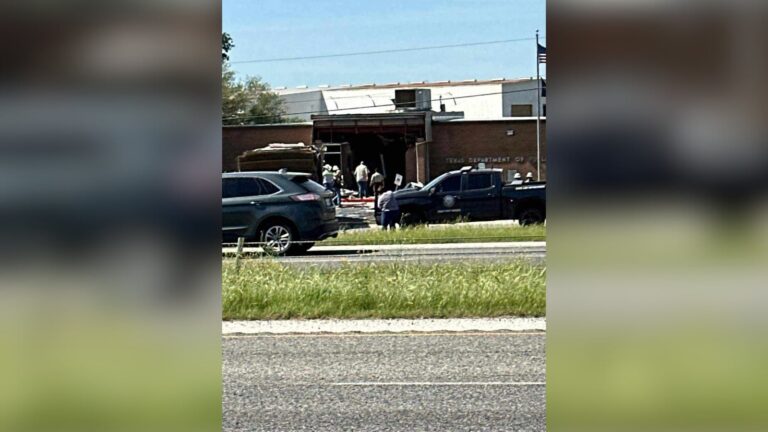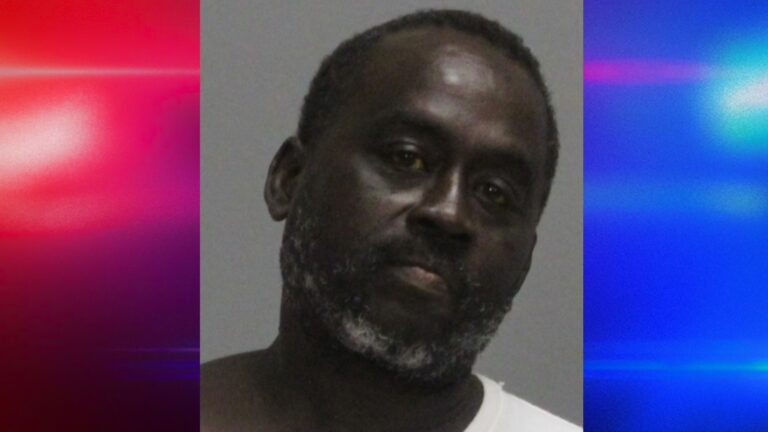Paxton Trial Live: Whistleblower Ryan Vassar to resume testimony Friday morning
AUSTIN (TEXAS TRIBUNE) – The historic impeachment trial of suspended Attorney General Ken Paxton is underway in the Texas Senate. He faces 16 articles of impeachment that accuse him of misusing the powers of the attorney general’s office to help his friend and donor Nate Paul, an Austin real estate investor who was under federal investigation.
Paxton pleaded not guilty to all impeachment articles on the trial’s first day. His defense attorneys have vowed to disprove the accusations and said they will present evidence showing they are based on assumptions, not facts.
The trial could last several weeks and is expected to hinge on Paxton’s relationship with Paul. It could also prominently feature details of Paxton’s alleged extramarital affair. The proceedings involve a massive cast of elected officials, high-profile lawyers, whistleblowers from within Paxton’s office and the attorney general’s former personal assistant.
Whistleblower Ryan Vassar to resume testimony Friday morning
On day 4 of Ken Paxton’s impeachment trial, Ryan Vassar, former Deputy Attorney General for Legal Counsel, is expected to resume testimony.
Vassar, one of the whistleblowers who reported Paxton to the FBI, choked up on the stand on Wednesday when he was questioned about his loyalty to his boss.
“It was hurtful,” Vassar said, when asked about his response to Paxton’s public criticism that the whistleblowers were “rogue” employees. “The statement of being rogue is contrary to the years that I dedicated my life to the state.”
During cross examination, Paxton’s attorney Mitch Little grilled Vassar on whether he had physical evidence he presented to the FBI when he and others reported Paxton.
“We had no evidence that we could point to but we had reasonable conclusions that we could draw,” Vassar said. Vassar added that it was law enforcement’s responsibility to investigate and collect evidence.
The Senate is expected to begin at 9 a.m. as the cross examination continues.
— By Rebekah Allen
“It was not a mutiny”: Bangert details actions leading up to engaging FBI over Paxton
Ryan Bangert, deputy first assistant to the attorney general, continued his meticulous testimony detailing his increasing alarm with how Ken Paxton was using the office to benefit his political donor Nate Paul throughout 2020. Bangert ultimately concluded there was nothing more he could do but report the behavior to law enforcement.
“I was deeply concerned that the name, authority and power of our office had been, in my view, hijacked to serve the interests of an individual against the interests of the broader public,” Bangert testified. “…It was unconscionable.”
In June 2020, Bangert recalled, he and Ken Paxton met Nate Paul at his office, got in his car and drove with Paul to Polvos, a Mexican restaurant in downtown Austin. There, Paul shared a laundry list of grievances related to his belief that he was being unfairly targeted by federal and state law enforcement, and a charity that had sued Paul, the Mitte Foundation.
Bangert walked the jury through the summer and fall, as he and other senior staff learned Paxton hired outside counsel to investigate law enforcement who had an open investigation into Paul’s businesses. Bangert said he and other senior staff pushed back against the idea to hire outside counsel, but were unsuccessful.
During questioning, House impeachment lawyer Rusty Hardin posed to Bangert many of the arguments that Buzbee used the previous day to try and poke holes in Mateer’s testimony, such as why the whistleblowers didn’t go directly to Paxton to express their concerns with his behavior. But Bangert said there was “no question that he was well aware of our objections” that had been lodged “repeatedly” and “in various ways” for months.
Bangert also rejected an allegation Paxton’s lawyer Tony Buzbee posited to Mateer on Wednesday that they were staging a “coup” in the attorney general’s office.
“It was not a mutiny,” he said. “We were protecting the interests of the state and ultimately, I believe, protecting the interests of the attorney general and, in my view, signing our professional death warrant. We understood the gravity of that act.”
– Kate McGee and Robert Downen







